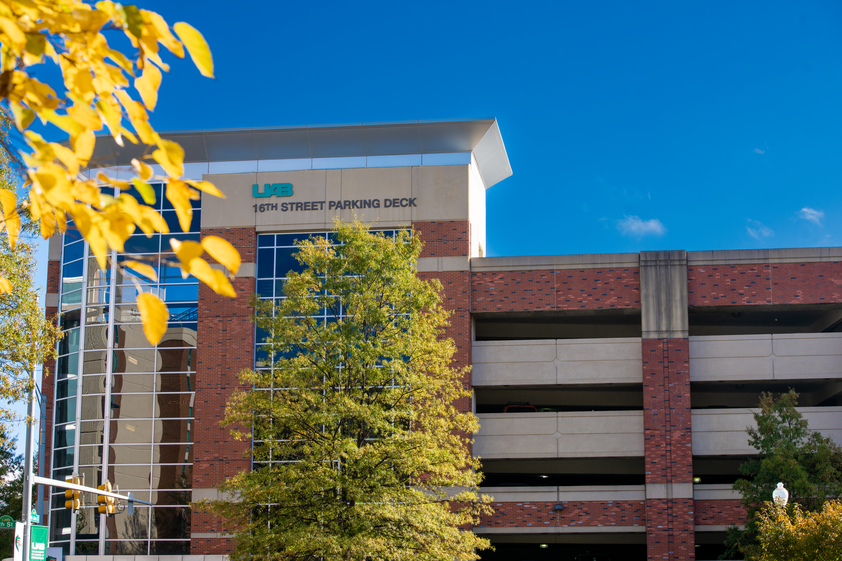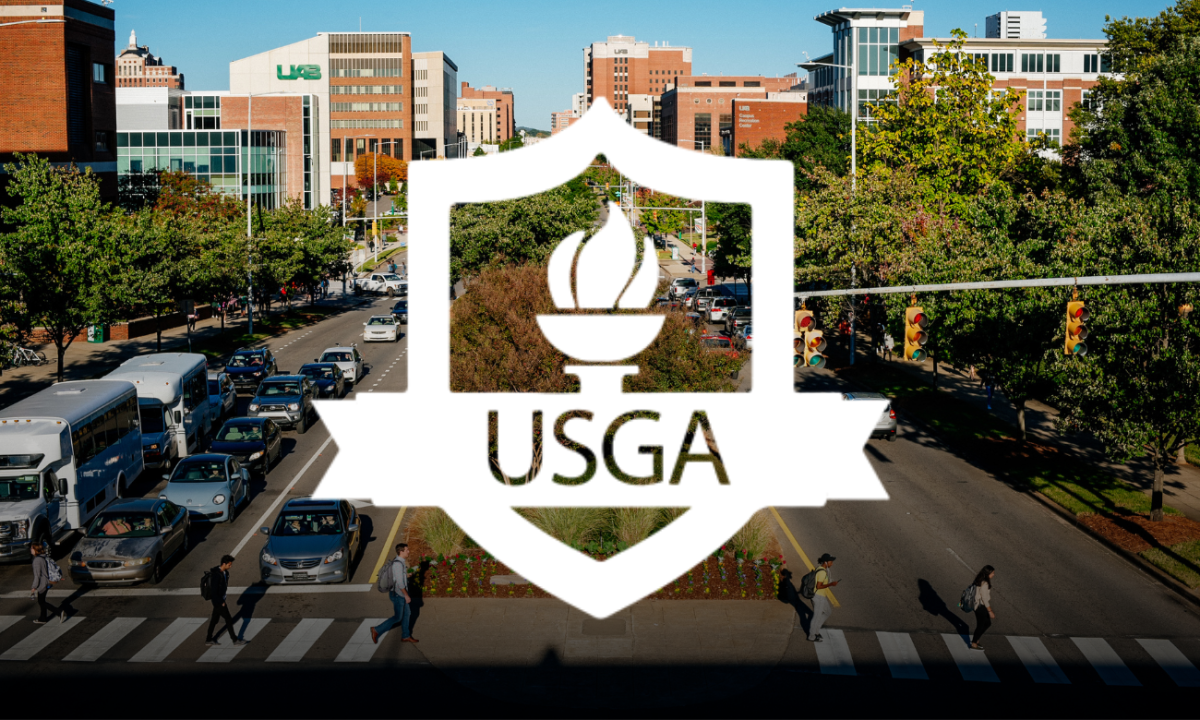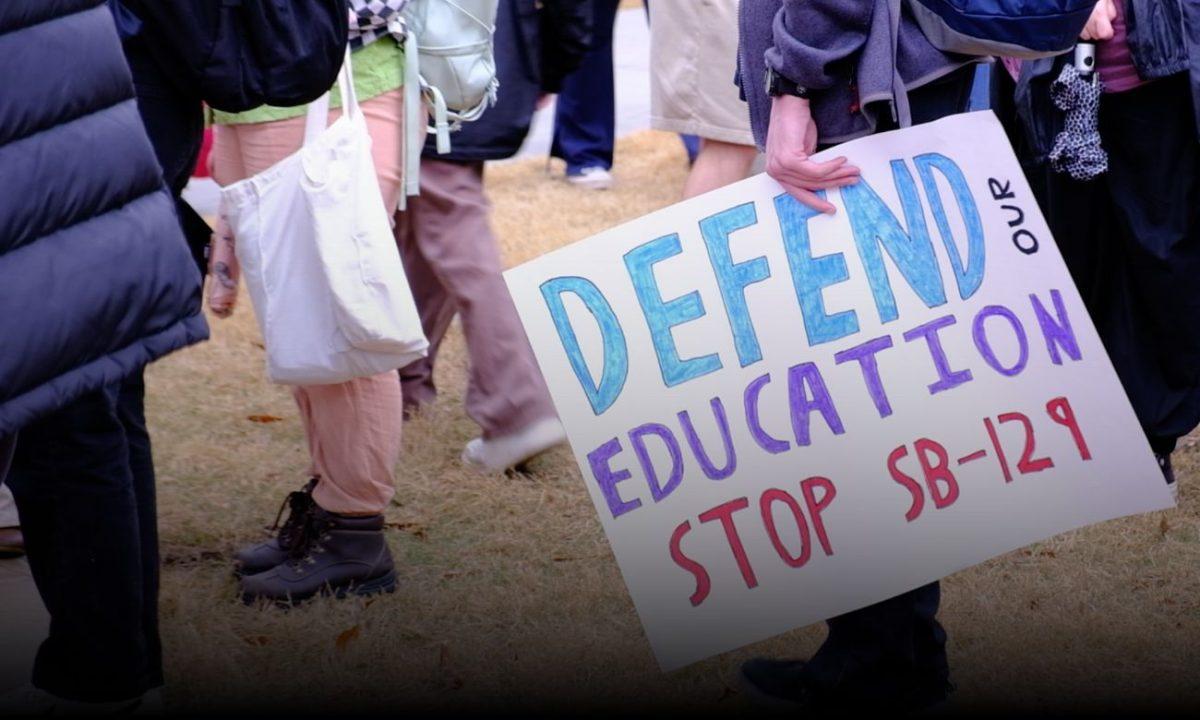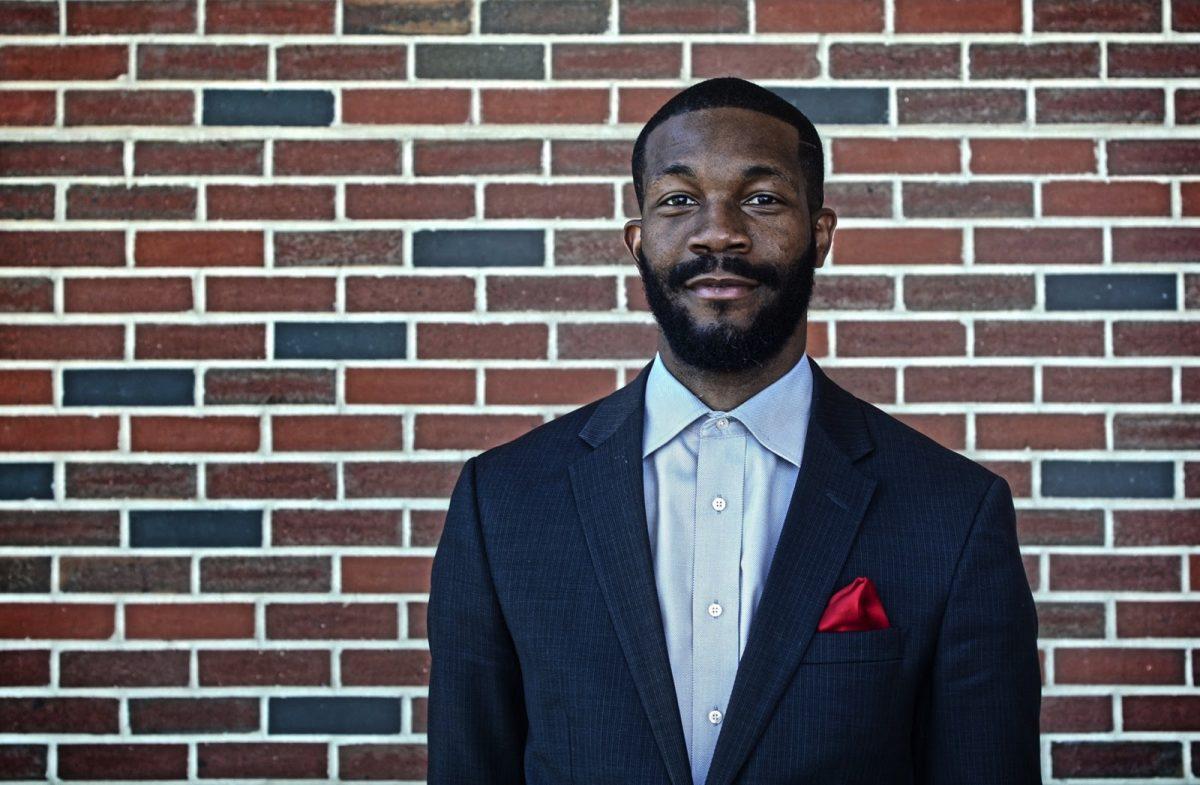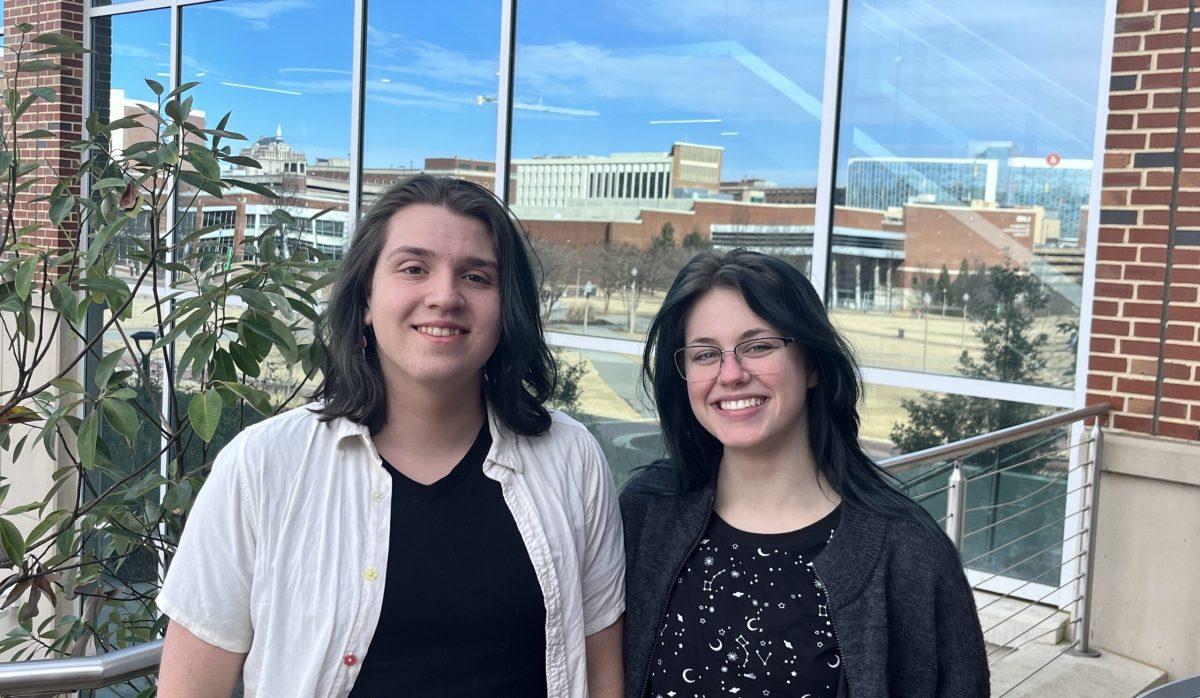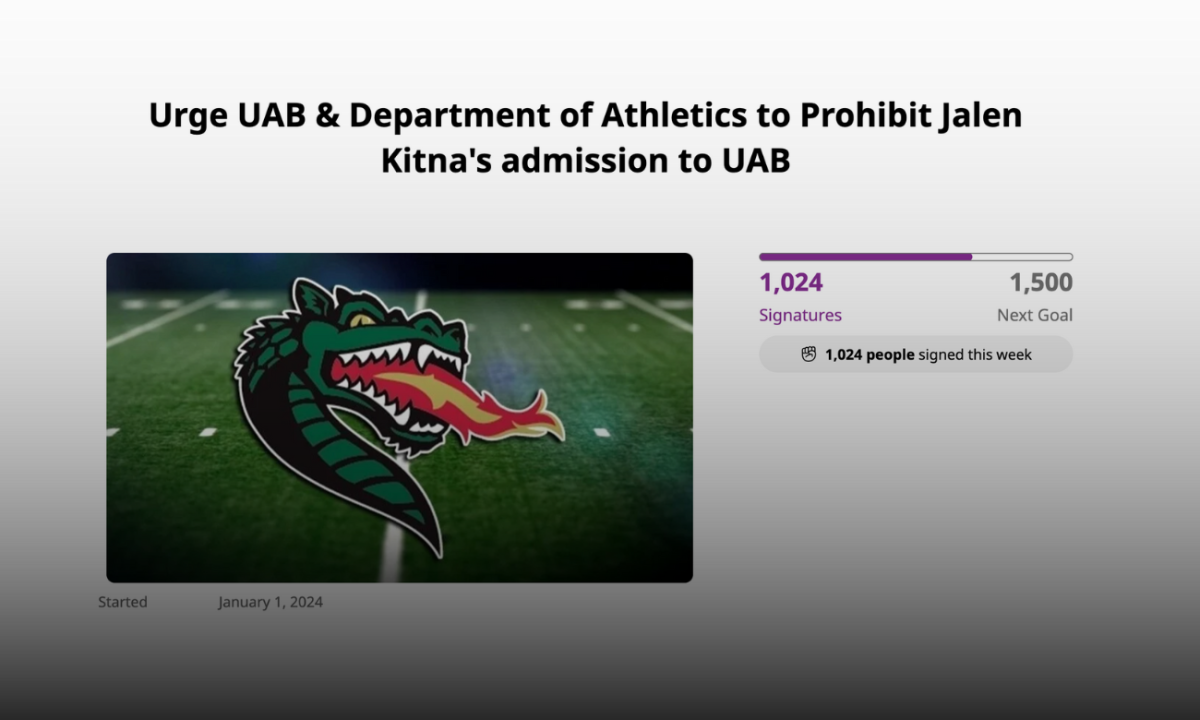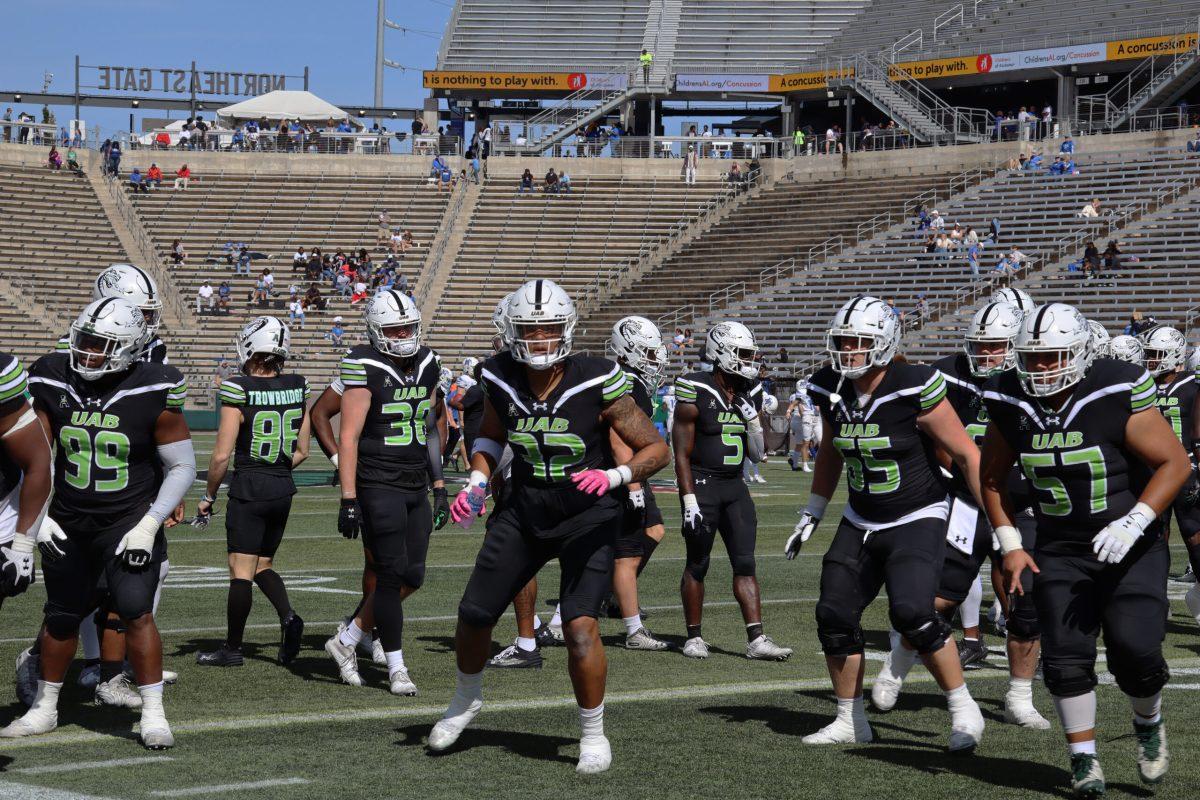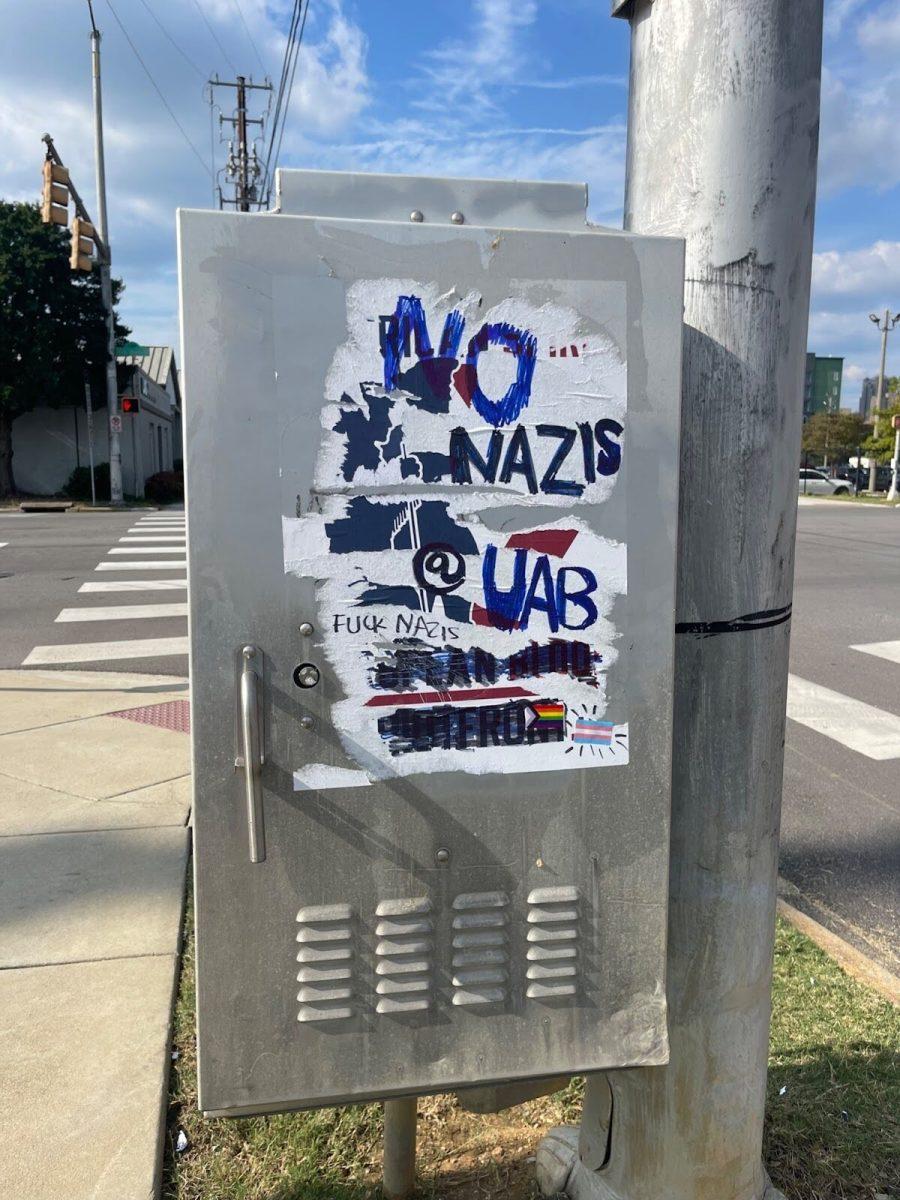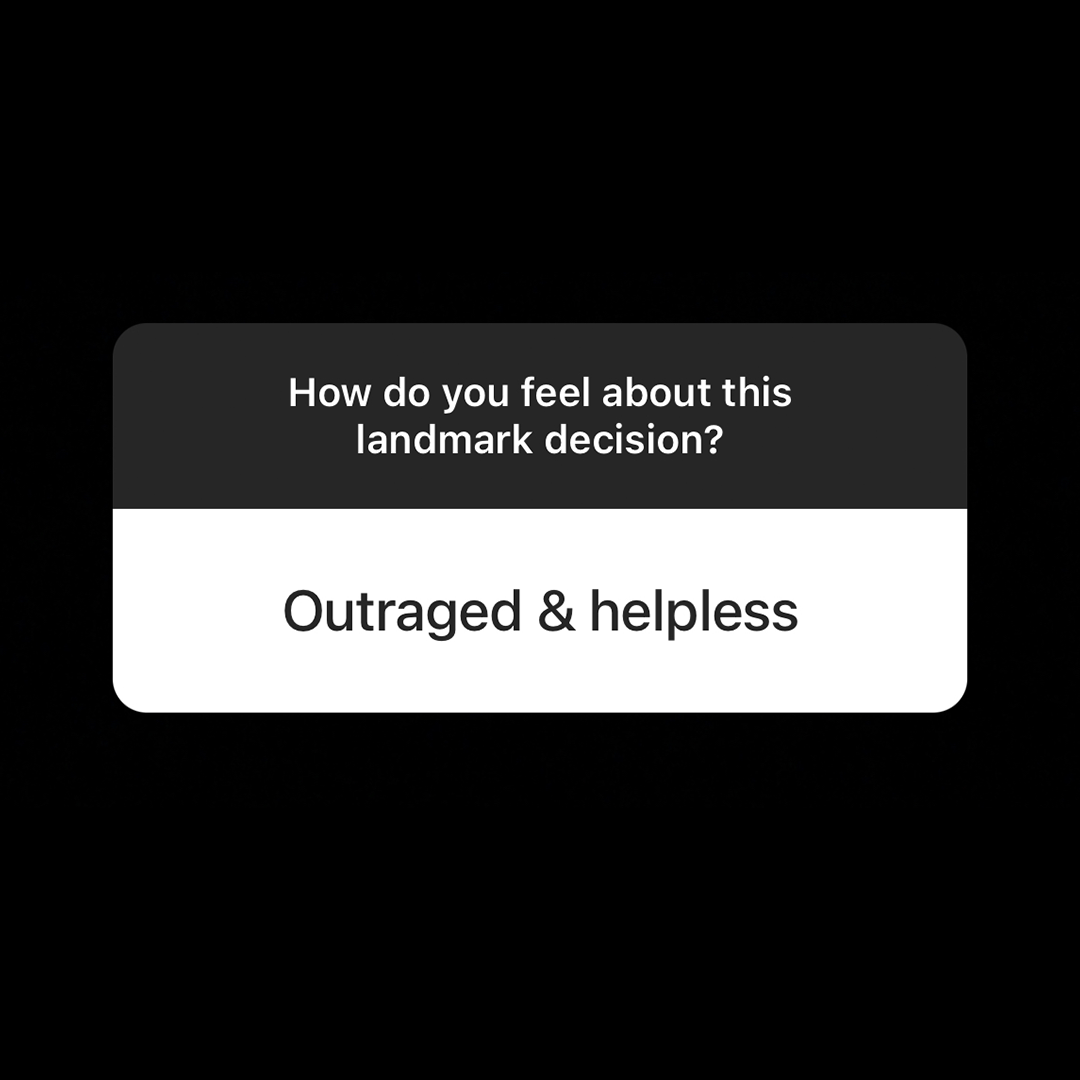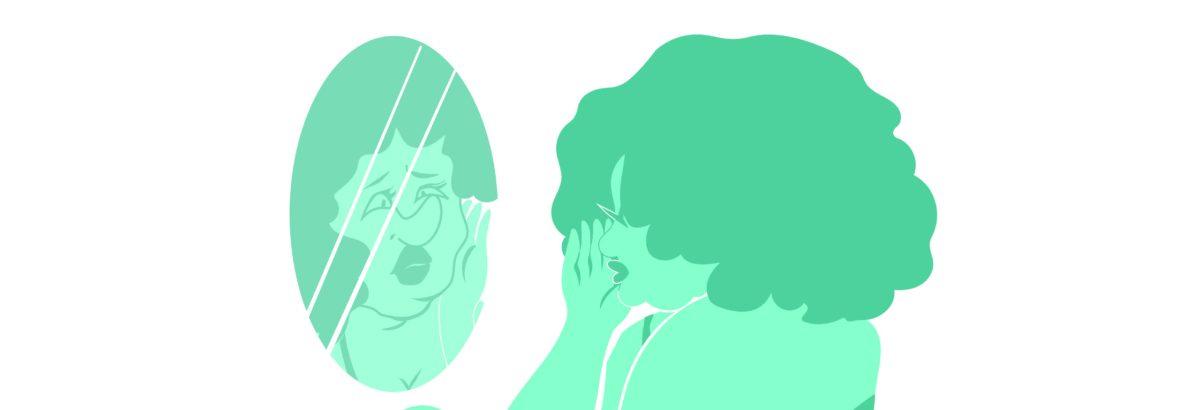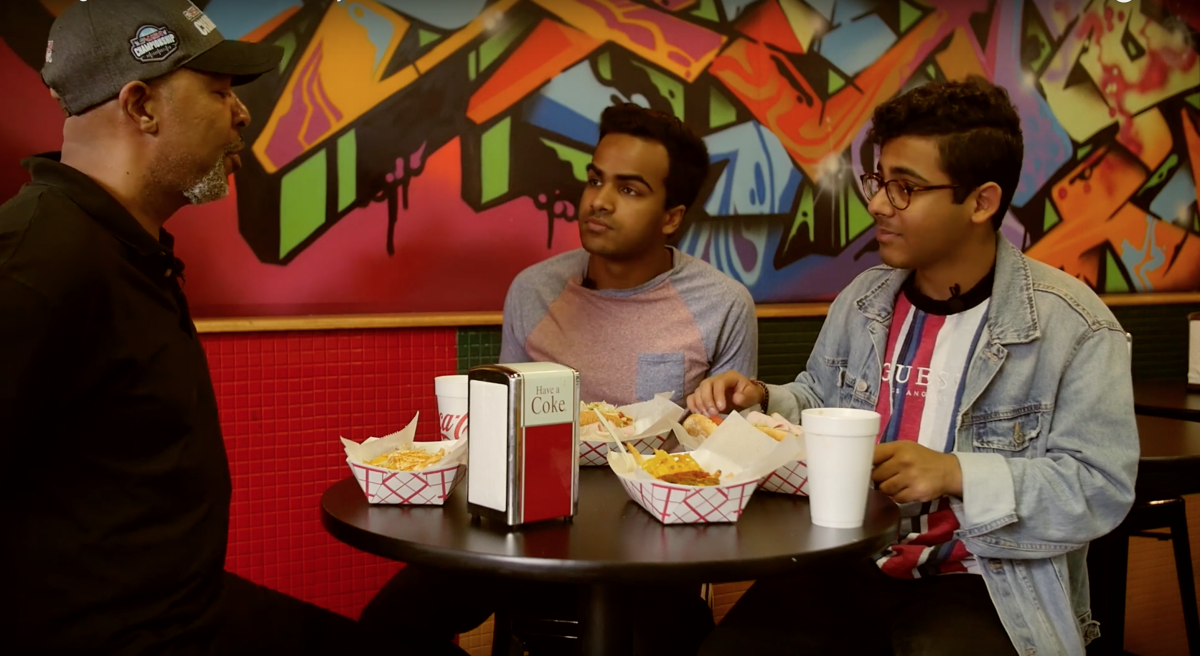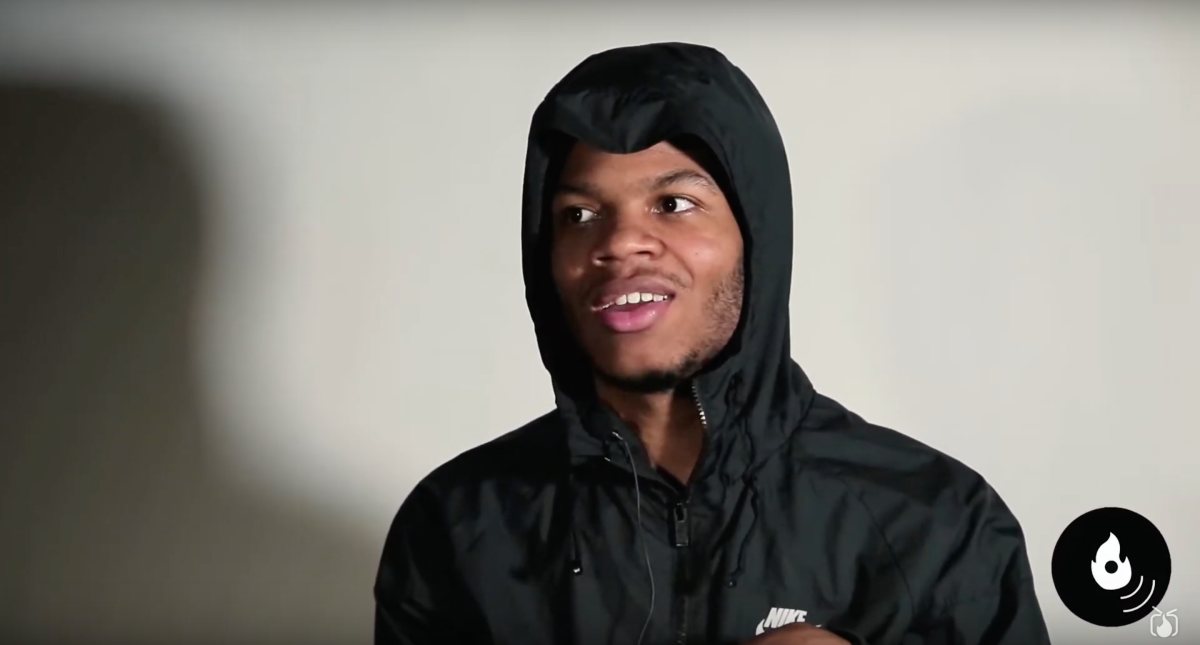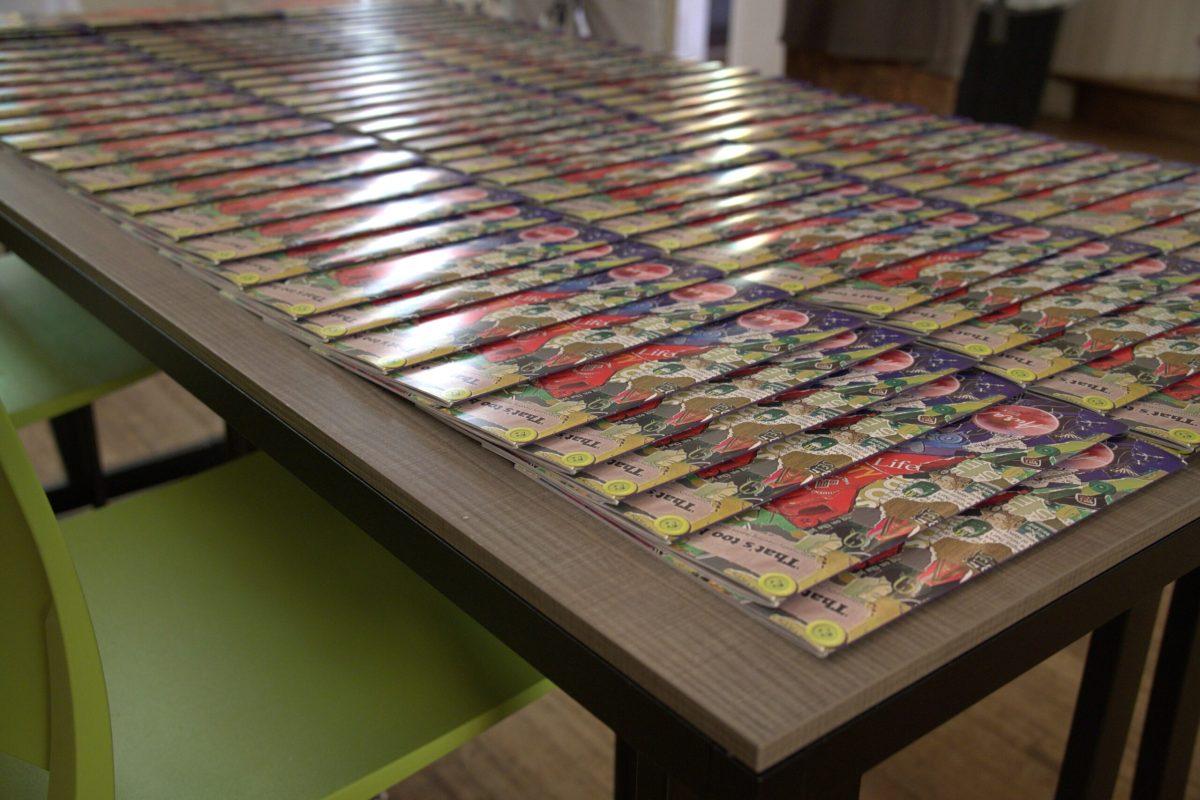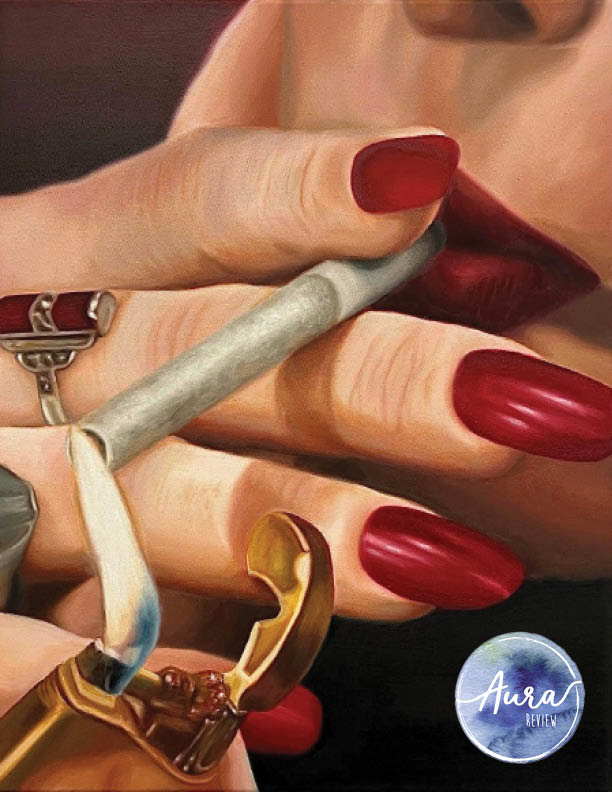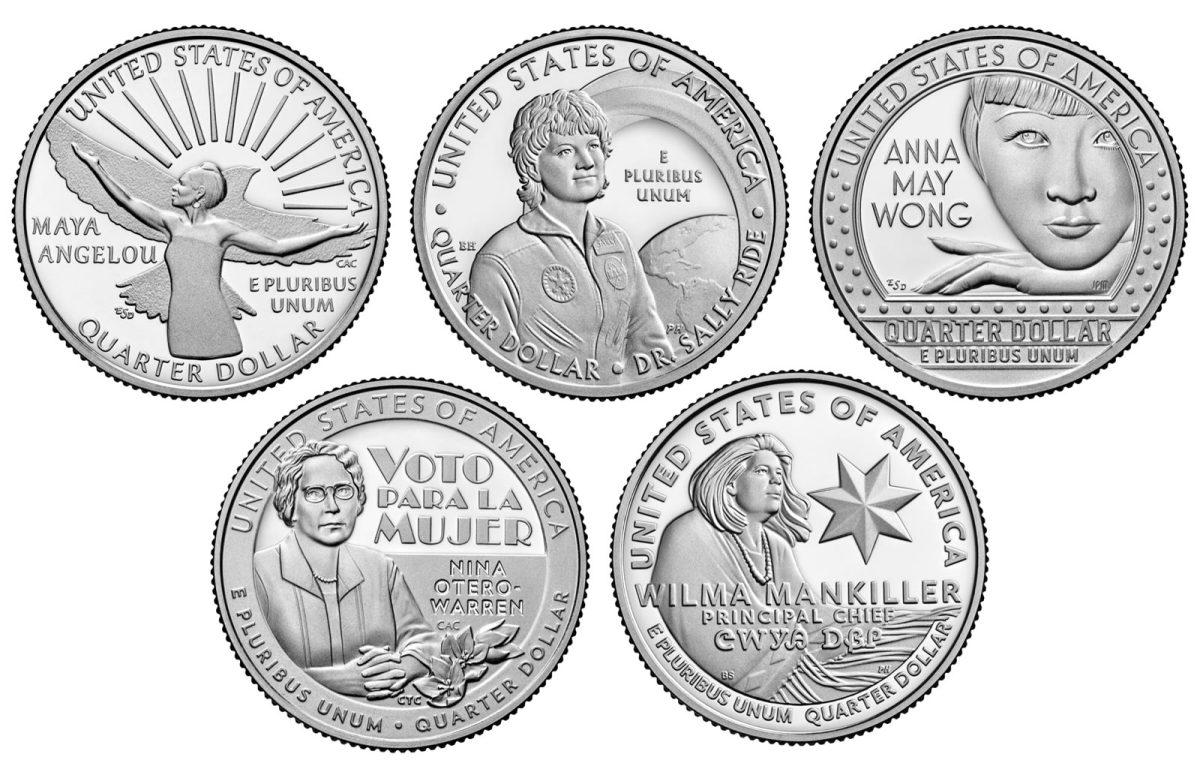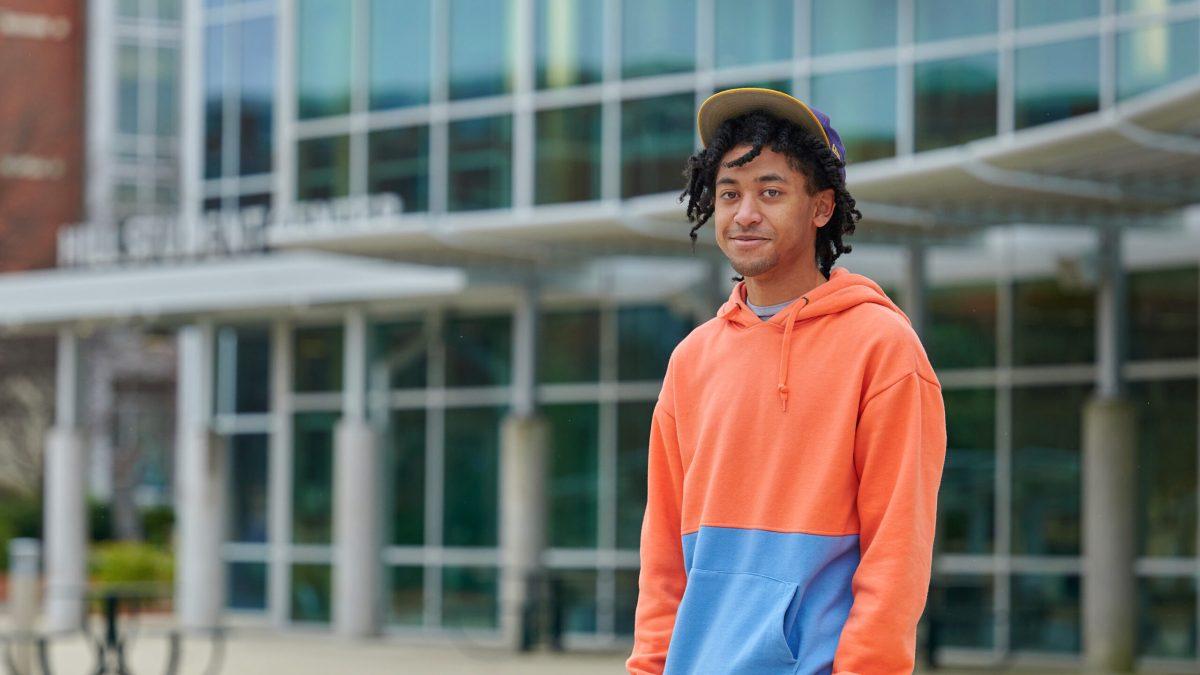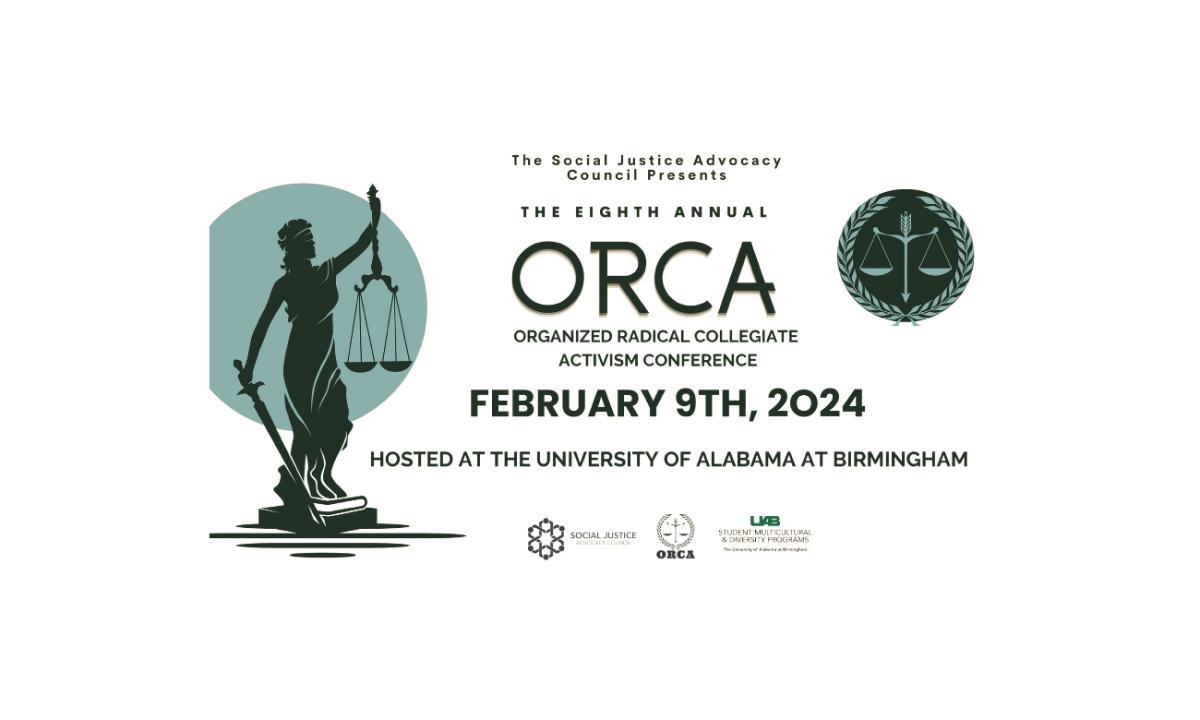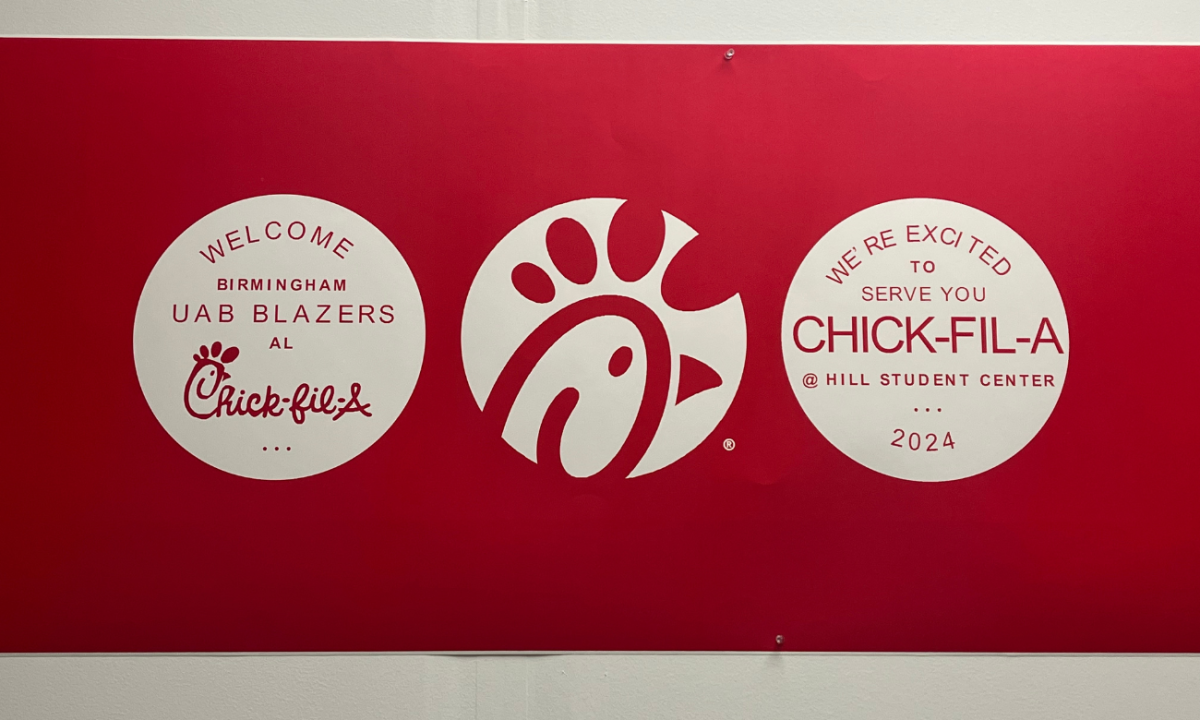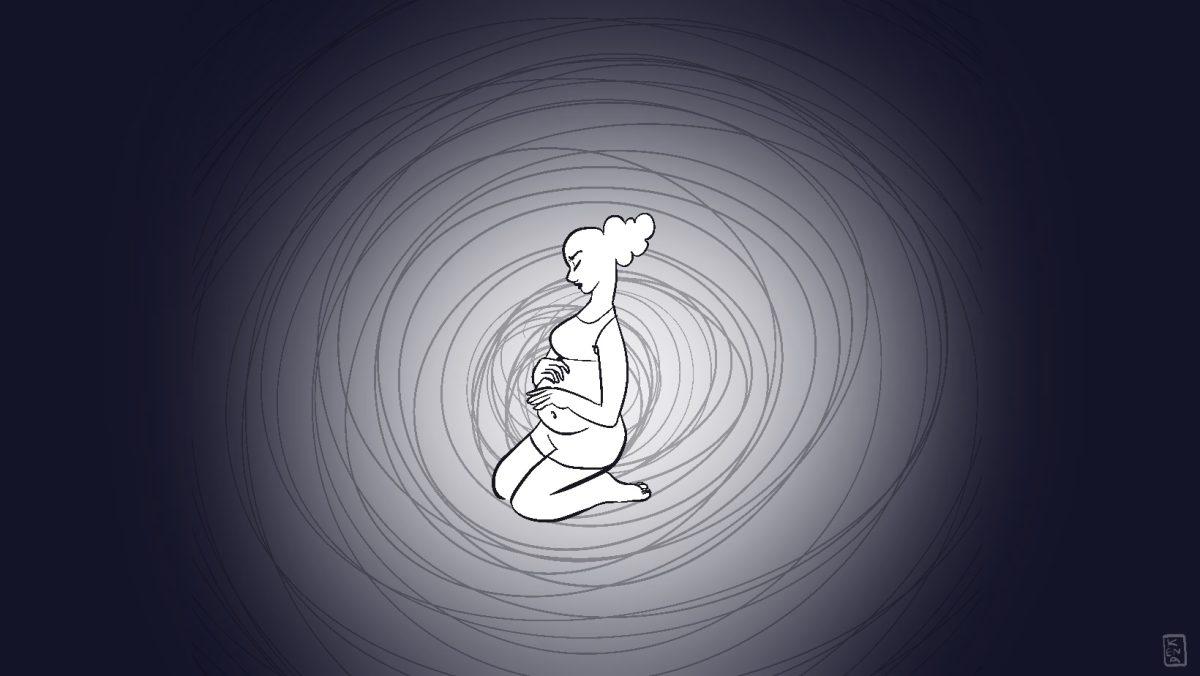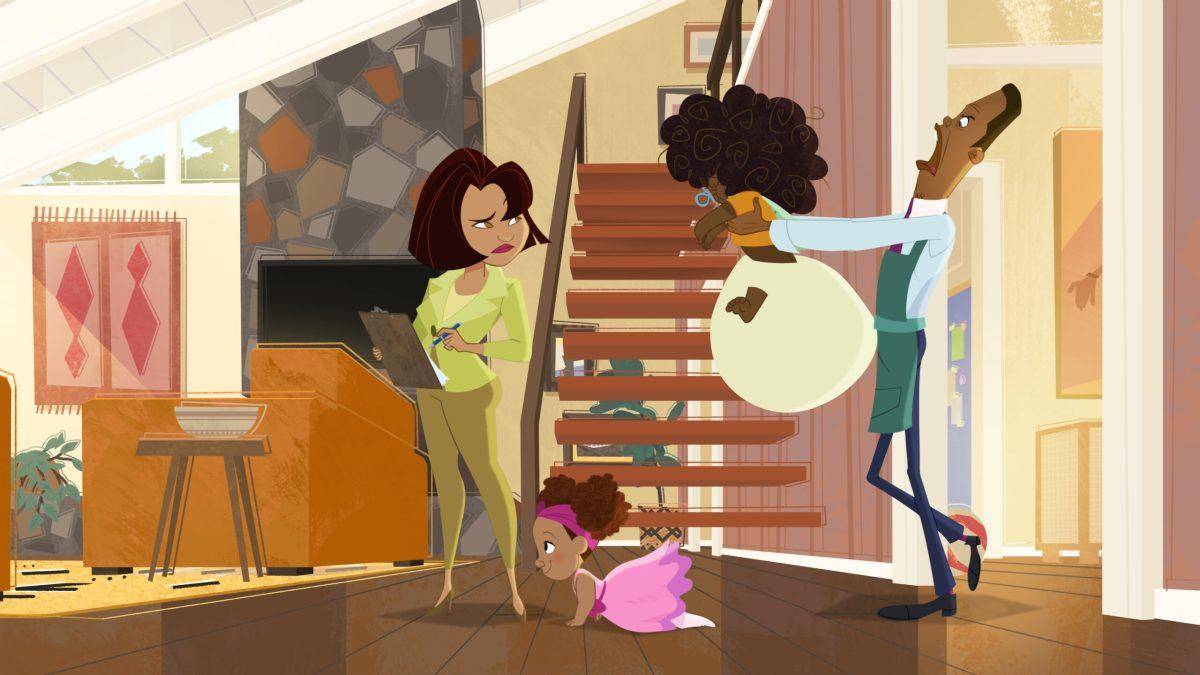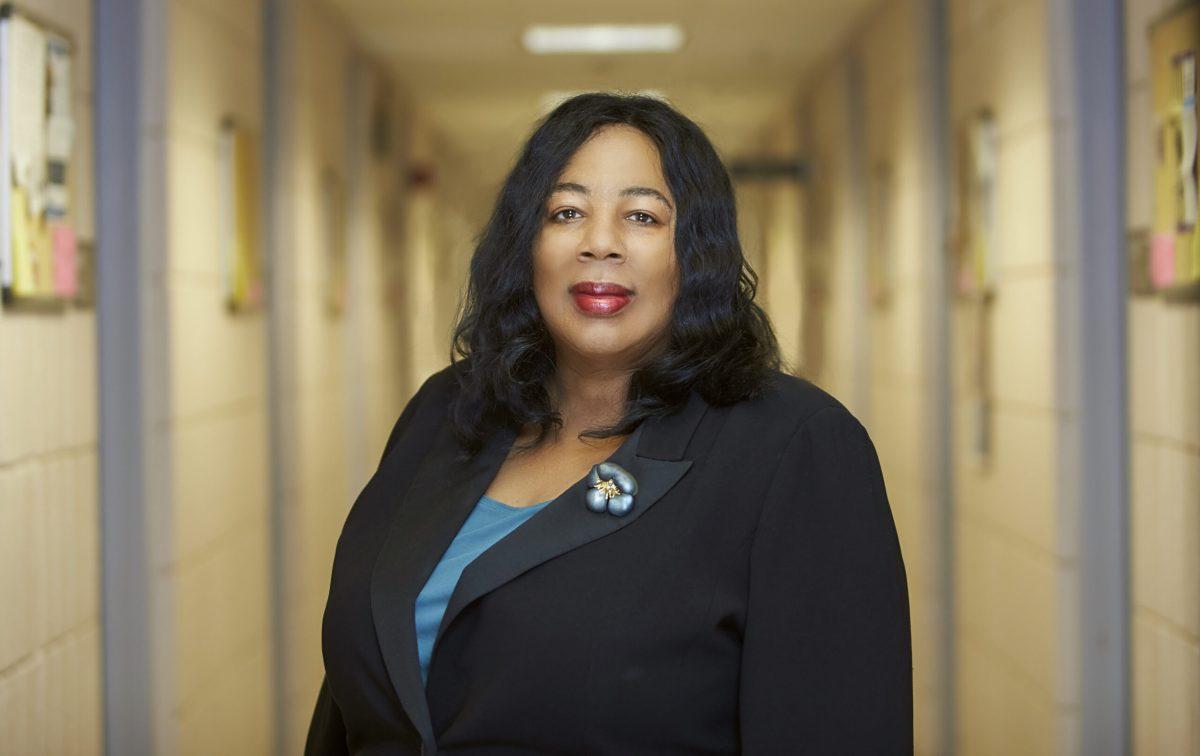by Zac Fuller
Nore Hodge is a California native who, until he met his high school chemistry teacher, had never in his life met a Black man with a successful career. Now, he is the leader of the Blazer Male Excellence Network (BMEN), a group at UAB aimed at offering social support and academic guidance for incoming Black male students at UAB. Good role models, as Hodge says, play a big part in that success story.
“Mentors, I feel deeply, are an important part in how young people — or just people in general — develop,” said Hodge, a senior at UAB majoring in engineering.
According to their website, the organization’s goal is to “improve the quality of life for the new student by partnering a returning student with a new student,” with faculty providing additional support.
Social support is precisely what Hodge himself found with the program. He signed up on orientation day and met his first college friends through BMEN. Although Hodge is bi-racial, he was most influenced by the Hispanic side of his family growing up. However, joining BMEN gave him a chance to connect with another part of himself. It gave him a sense of belonging as he felt like his physical appearance and lack of fluency in Spanish made it seem like he never quite fit in.
“I was just seamlessly able to fit in when I joined BMEN, and that meant a lot,” Hodge said.
Now a mentor, his pitch to incoming freshmen highlights the advantages of having guidance in navigating the big transition to college. He also calls the organization a brotherhood, one whose members will continue to have connections until they graduate. And although some students need less support than others, it is the pursuit of excellence that makes the program important to Hodge.
“Excellence is a habit, and when you are repeatedly seeing excellence, you are going to end up wanting to be excellent,” Hodge said.
Hodge emphasizes the mentor’s role as someone who is exceeding both academically and socially. Hodge believes that proactive support for mentees is needed, as they want them to have strong relationships with the younger students. BMEN also has guest speakers who come and talk to the students, so networking opportunities are available to the members as soon as they begin at UAB.
The organization has other objectives outside of connections and excellence. According to their website, BMEN also aims to “Enhance the relationship between the University and its students,” which Hodge feels is a more significant issue for Black students in particular.
Hodge says there is a disconnect between the students and the university, specifically a “tone deafness” in conversations around stories such as the killing of George Floyd in 2020. He said some faculty are seemingly not committed to interacting with their students as they are to teaching, and being a Black student only magnifies the issue.
The Black male retention rate in universities is also a concern to Hodge. According to the National Student Clearinghouse Research Center, Black students have the worst first-year persistence rate of all races. Hodge feels this could be due to several different factors, but he highlights the lack of good mentors for these students as a possibility.
“There can be good and bad mentors. When it’s a bad mentor, you don’t really associate the word ‘mentor’ with them. And there can be bad influences that steer [young men] off course,” Hodge said.
Hodge hopes to increase the program’s number of good mentors to allow for more opportunities to connect with junior members. He said senior members can develop relationships with members apart from their own mentees. Those organic friendships can provide social support to students outside of the typical structure of the program.
“With the people that we do reach, we do try to continuously keep them in the circle and help them out. It is about belonging at the end of the day,” Hodge said.
Hodge has the responsibility of keeping people involved and breaking down the stigma around academic success. He feels it his role to be a model of excellence and hopes that his attitude affects those around him.
“You can be smart and still go to social functions and gatherings and have friends,” Hodge said.
With aspirations of helping set up similar organizations on more campuses, Hodge thinks BMEN is an organization that could address many of the problems he sees facing Black male students today.
“I can only imagine if we were able to get more freshmen, that’s more people we would be able to help,” Hodge said.
